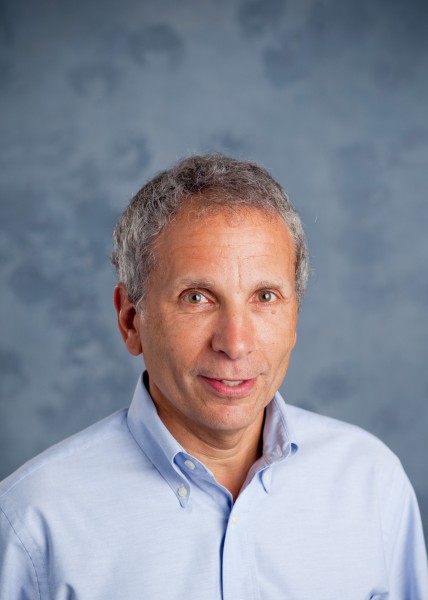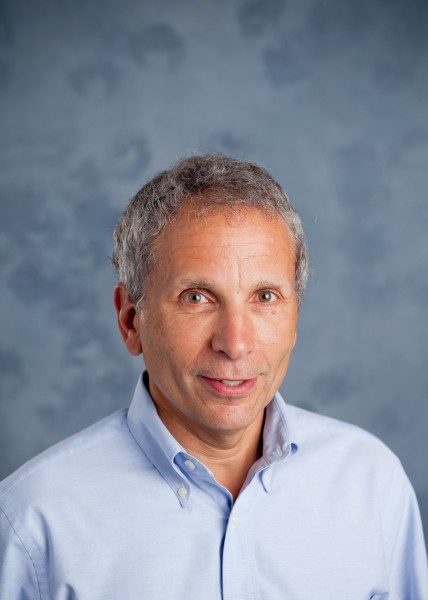
21 Jan To Your Health: Medical/Health News, Fact or Fiction?
Dr. Alan Safdi, a world-renowned internist and gastroenterologist with encyclopedic knowledge of mind-body wellness and preventative medicine, posts on Telluride Inside… and Out under the banner of “To Your Health.” His blogs feature the most current information in his field: health, wellness, and longevity.
Winter and summer 2020, Dr. Alan is offering 14 seminars to medical professionals. The general public is welcome. Also this summer, he returns with his popular Live Longer Retreat wellness intensives. For all programs, go to his Telluride Longevity Institute website or sign up by calling 1-877-448-5416.
This week, Dr. Alan offers up tips on ways to distinguish fake news from real claims and medical news.

With the proliferation of sites that deliberately create fake news and ship it via social media streams to the masses, we have all fallen prey to b.s.How are peeps suppose to know whether something they see on, say, Facebook or Twitter is based on good science?
The FTC oversees claims made in the advertising of foods and dietary supplements whereas the FDA is concerned with the labeling of these products. Both the FTC and FDA have taken actions against companies promoting various false health claims. Here are a few examples:
POM Wonderful 100% Pomegranate Juice and POMx supplements. POM has been wrangling with the FTC for the past several years over health claims made in advertising its pomegranate-based products. Specifically, POM claims that its products will prevent or treat heart disease, prostate cancer, and erectile dysfunction. The FTC voiced concerns over the clinical research used to support these claims. POM disagreed with the FTC’s findings that their advertising claims were misleading and took their case all the way to the Supreme Court. In 2016, the Supreme Court refused to hear the case, thus upholding a lower court’s ruling that sided with the FTC.
Nobetes. The makers of Nobetes advertised that this pill treats diabetes, keeps blood sugar levels in check, and obviates the need for insulin, despite no scientific evidence to back these claims. Obviously, these claims are dangerous, and despite an FDA/FTC warning in 2016 to stop its false advertising, the makers of Nobetes persisted in disseminating these misleading claims in advertisements on radio, television, and social media. In 2018, the FTC fined the company $182,000 and proscribed them from continuing to make false advertising claims about their product.
Soy protein. In 2017, the FDA proposed revoking the previously authorized health claim that soy protein intake may protect against coronary heart disease. They reviewed the totality of scientific evidence and determined that their previous assessment of SSA among qualified experts with respect to this health claim was unfounded.
“Natural” claims. The term “natural” is a go-to term in health-advertising claims. The FDA’s policy permits the use of the word only when the product contains no artificial or synthetic substances listed on its label, including color additives and preservatives. More recently, the FDA has stepped up its crack-down on “natural” products and is asking the public what it thinks natural means. This step means that the term’s nutritional definition could widen to mean more than just ingredients and may be expanded to refer to natural methods of food production that don’t involve pesticides, irradiation, or pasteurization.
Weight-loss claims. The FTC has leveled hundreds of cases against a range of products promoting false claims of weight loss, and has issued a list of seven “gut-check” claims to help consumers identify weight-loss assertions that are simply too good to be true:
1. Causes weight loss of ≥ 2 lbs each week for 1 month or more without dieting or exercise
2. Causes substantial weight loss no matter what or how much the consumer eats
3. Causes permanent weight loss even after the consumer stops using the product
4. Blocks the absorption of fat or calories to enable consumers to lose substantial weight
5. Safely enables consumers to lose > 3 lbs per week for more than 4 weeks
6. Causes substantial weight loss for all users
7. Causes substantial weight loss by wearing a product on the body or rubbing it into the skin
(Of note, the FDA does allow certain health claims to be freely used on products without their explicit permission. For instance, “structure/function claims,” such as “calcium promotes bone health,” are okay in calcium-containing products. Furthermore, “dietary guidance claims” concerning broad groups of foods are okay, too, such as “diets high in fruits and vegetables might decrease the risk of certain types of cancer.”)
Dr. Alan, more:

Dr. Alan Safdi is board-certified in Internal Medicine and in Gastroenterology and is a Fellow of the American College of Gastroenterology. A proven leader in the healthcare arena, he has been featured on the national program, “Medical Crossfire” and authored or co-authored numerous medical articles and abstracts. Safdi has been involved in grant-based and clinical research for 30+ years and is passionate about disease prevention and wellness, not just fixing what has gone wrong. He is an international lecturer on the subjects of wellness, nutrition and gastroenterology.
And back by popular demand, this summer, in partnership with the Peaks’ Spa, Dr. Safdi returns with his three, week-long wellness intensives titled Live Longer Retreat.
Again, using an evidence-based, scientific approach to health and longevity and featuring an experienced staff of medical professionals, personal trainers, Pilates and yoga instructors, dietitians, and chefs, the focus is on your unique wellness profile. Each Live Longer Retreat is one-of-kind in the U.S. Those intensives, limited to only 10 – 15 participants, will include personal consultations, hiking, spinning, yoga, Pilates, talks and demonstrations related to nutrition, cooking classes, and more.
Go here to read a review of the experience by one very satisfied participant.


Sorry, the comment form is closed at this time.